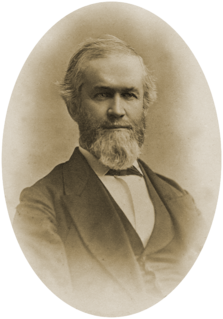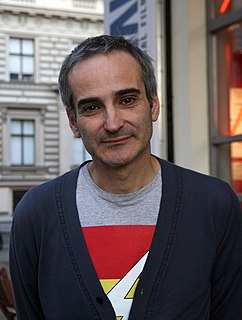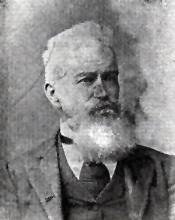A Quote by Gautama Buddha
When phenomena are individually analyzed as selfless, and what has been analyzed is meditated upon, that is the cause for attaining the fruit, nirvana. One does not go to peace through any other cause
Related Quotes
Love has been defined, analyzed, explained and excused. It has been the cause of wars, feuds, heroism, martyrdom, inordinate passion, and beautiful friendships. It pulls two people of opposite temperaments together into a married state and permits them to live happily. It makes friends understand each other without the necessity of words.
But, sir, the great cause of complaint now is the slavery question, and the questions growing out of it. If there is any other cause of complaint which has been influential in any quarter, to bring about the crisis which is now upon us; if any State or any people have made the troubles growing out of this question, a pretext for agitation instead of a cause of honest complaint, Virginia can have no sympathy whatever, in any such feeling, in any such policy, in any such attempt. It is the slavery question. Is it not so?
I think movies are expressions of our imagination; they are expressions of our conscious and of our subconscious. I think that movies can be analyzed the way dreams are analyzed, and sometimes I feel that the viewers or the journalists I discuss the film with are psychoanalysts who are trying to make sense of my dreams.
Wonder [admiratio astonishment, marvel] is a kind of desire for knowledge. The situation arises when one sees an effect and does not know its cause, or when the cause of the particular effect is one that exceeds his power of understanding. Hence, wonder is a cause of pleasure insofar as there is annexed the hope of attaining understanding of that which one wants to know. ... For desire is especially aroused by the awareness of ignorance, and consequently a man takes the greatest pleasure in those things which he discovers for himself or learns from the ground up.
We can work on inner peace and world peace at the same time. On one hand, people have found inner peace by losing themselves in a cause larger than themselves, like the cause of world peace, because finding inner peace means coming from the self-centered life into the life centered in the good of the whole. On the other hand, one of the ways of working for world peace is to work for more inner peace, because world peace will never be stable until enough of us find inner peace to stabilize it.































